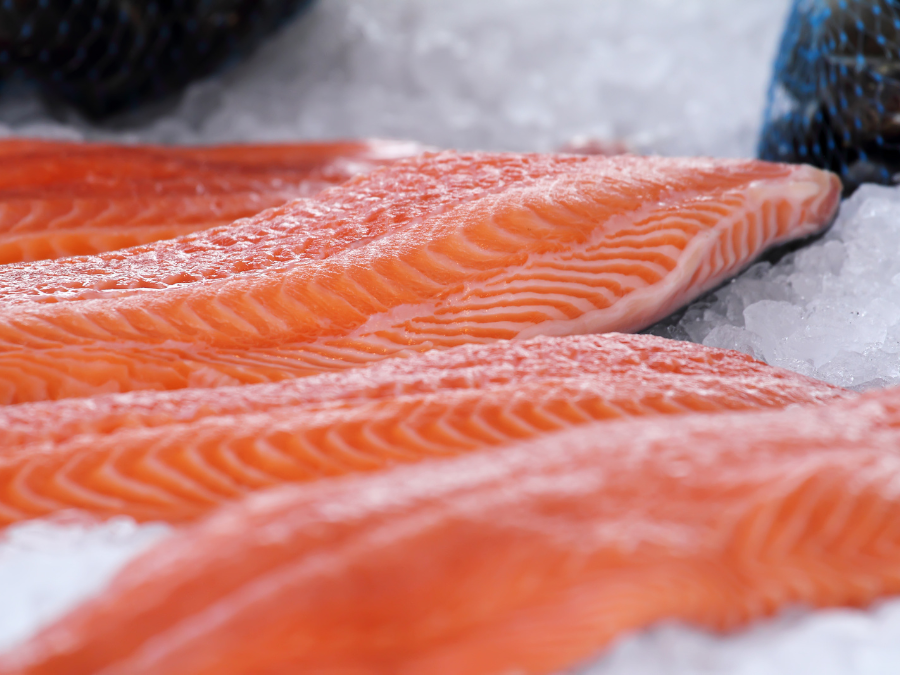
Norwegian salmon farmer Mowi has stated its intentions to pursue “legal interests” over the government’s aquaculture tax, which will be implemented in the new year.
The company remained “very disappointed” with the government’s decision to go ahead with its tax plans. Mowi, alongside other Norwegian seafood companies, still plans to prevent the new resource rent tax from being implemented.
In May, Norway’s government announced its proposal to introduce a tax of 35% on the profits of salmon and trout farmers, having originally proposed 40%, had been scaled back to 25%.
Mowi noted that, including corporate taxes, this equates to a marginal tax level of 47%. The original proposal would have led to an overall tax burden of 62%.
“We are of course very disappointed by the parliament’s decision, which has already proved costly for value creation in the industry as investments worth Nkr40bn ($3.73bn) have been put on hold,” CEO Ivan Vindheim said following the company’s second-quarter results.
“However, we have not given up on turning this around. We also intend to pursue our legal interests.”
Describing the aquaculture tax as “very destructive”, Vindheim told analysts: “Work will continue unabated until the 2025 election in Norway and hopefully a new government coalition and more business-friendly policy.”
Today (23 August), speaking to Norwegian newspaper VG.no, Vindheim confirmed that Mowi will sue the Norwegian government over the new tax, claiming it to be discriminatory.
“The government has been very clear in its rhetoric that it is the five big salmon companies that they want to hit,” he told the newspaper.
“We already had a ground rent tax model in Norway that worked excellently and was neutral when it came to the size of the companies. Now the government has introduced a system that is discriminatory. We demand equality before the law.”
Just Food has contacted Mowi for a statement on filing a case against the state.
Another seafood major Leroy Seafood also slammed the tax during its second-quarter results today.
CEO Henning Beltestad hoped that politicians could look at the “bigger picture rather than just implementing measures that hamper the development of this fantastic food-producing industry”.
“Instead, they need to focus on measures that ensure continued development and employment along Norway’s coast, so that the industry realises its potential to be part of the global green shift.”
After the company’s first-quarter results, Mowi stressed its opposition to the aquaculture tax, describing it as the “first round” of the fight.
The world’s largest salmon farmer recorded all-time high revenue of €1.37bn ($1.48bn) in the second quarter of 2023, compared with €1.23bn in the corresponding quarter of 2022.
Operational EBIT however fell year-on-year to €299.5m from €320m, mainly due to lower prices and higher realised cost in the farming segment.
The Norwegian major maintained its full-year harvest guidance of a record-high 484,000 tonnes, equal to 4.4% growth year-on-year. Mowi harvested 107,500 tonnes of salmon in the quarter.
